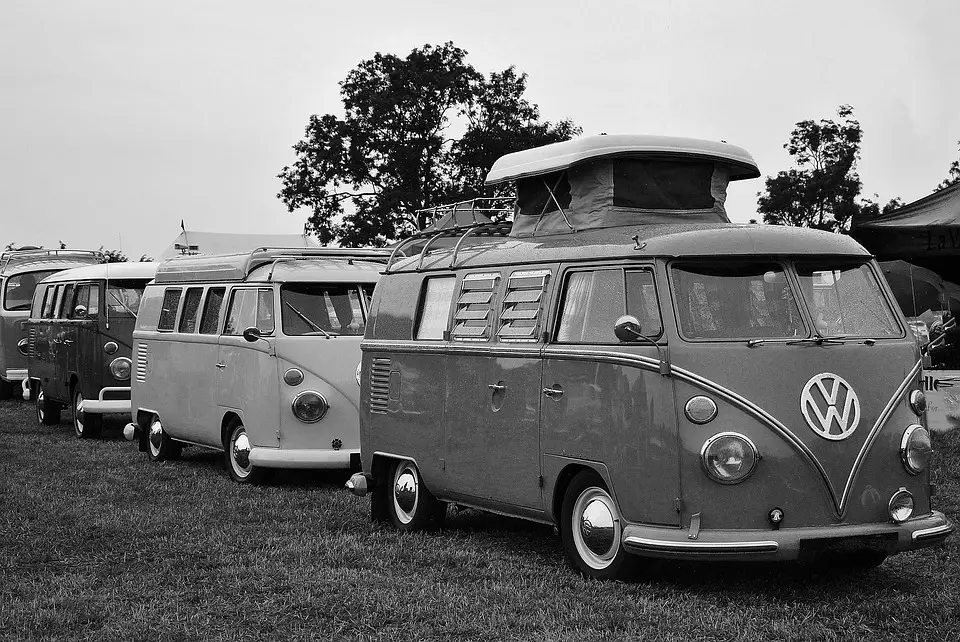Table of Contents
Introduction
Camping enthusiasts often find themselves debating between using traditional tents or investing in recreational vehicles (RVs) for their outdoor adventures. Both options have their advantages and drawbacks, catering to different preferences and needs. This article aims to compare the pros and cons of tents and RVs to help you make an informed decision for your ultimate camping experience.
Tents
Tents have been a staple of camping for centuries and offer a unique connection to nature. Here are some pros and cons of using tents:
- Pros:
- Tents are affordable and accessible for most camping enthusiasts.
- Setting up a tent allows a hands-on camping experience, developing valuable skills.
- Tents are versatile and can be used in various terrains and locations.
- The absence of a vehicle often leads to a more immersive camping experience, closer to nature.
- Cons:
- Weather conditions can significantly impact tent camping, as tents are susceptible to wind, rain, and extreme temperatures.
- Comfort might be compromised since tents lack amenities such as beds, heating, and air conditioning.
- Storage space is limited, requiring campers to pack light and efficiently.
- Tents generally do not offer as much security as an RV, making them more vulnerable to theft or unwanted guests.
RVs
RVs provide a home on wheels, offering numerous conveniences. Let’s explore the pros and cons of utilizing RVs for camping:
- Pros:
- RVs provide excellent comfort and amenities, often including beds, kitchens, and bathrooms.
- Weather has little impact on the camping experience as RVs offer shelter from rain, wind, and temperature extremes.
- The storage space in an RV allows campers to bring more belongings and gear on their trips.
- RVs offer better security and protection against theft or unwelcome visitors.
- Cons:
- RVs can be costly to purchase or rent, requiring a significant financial investment.
- Maintaining and storing an RV might be challenging if you do not have the appropriate space available.
- RVs limit access to certain areas, as they can be difficult to maneuver in rough terrains or narrow trails.
- While providing convenience, RVs may take away the immersive experience of connecting with nature.
FAQs
Should I choose a tent or an RV for family camping?
This decision depends on your family’s preferences and needs. If you prioritize bonding with nature and wish to develop camping skills, a tent may be a great choice. However, if comfort and convenience are top priorities, an RV can provide the amenities and shelter your family desires.
Are tents or RVs more suitable for long camping trips?
RVs are often favored for long trips due to their comfort, extensive amenities, and the ability to bring more supplies and gear. However, if you enjoy more rustic adventures and don’t mind the limitations of tents, they can also be suitable for extended stays.
Can I go camping in an RV during the winter?
RVs are well-suited for winter camping as they offer insulation, heating systems, and protection from the cold weather. Tents, on the other hand, require specialized gear and a higher level of preparation to endure harsh winter conditions.
Which option is more cost-effective, tents or RVs?
Tents are generally more affordable than RVs, especially when considering the initial purchase cost and maintenance expenses. However, RVs can provide long-term savings if you plan to go on frequent camping trips, as they eliminate the need for accommodations.
Do tents or RVs have a smaller environmental impact?
Tents are often considered more environmentally friendly as they require fewer resources to manufacture and operate. RVs, especially older models, consume more fuel and have a larger carbon footprint. However, newer RVs are becoming more energy-efficient, reducing their impact on the environment.




